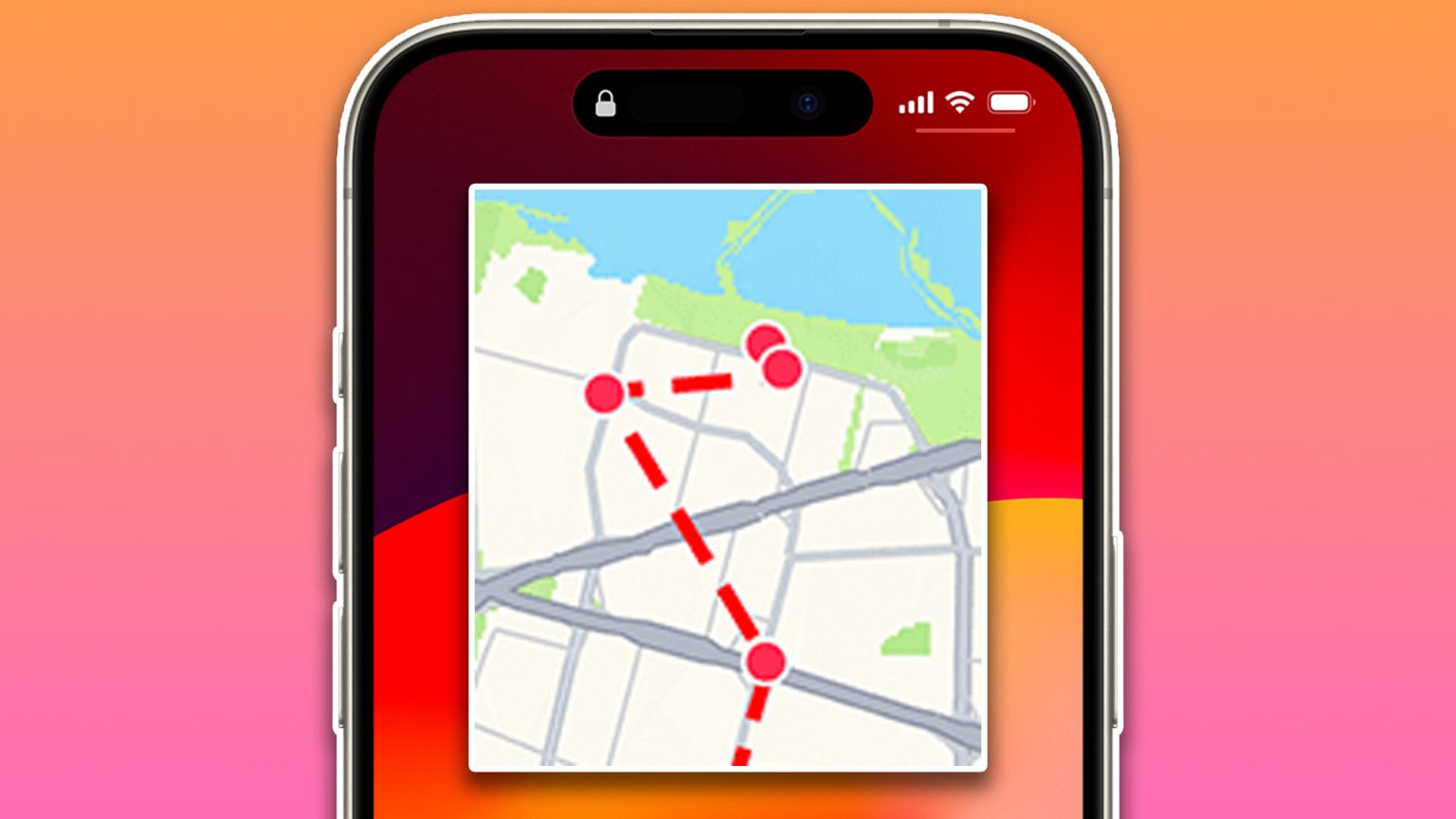Apple’s AirTag, a small tracking device designed to help locate lost items, has unfortunately been misused for stalking. This has prompted Apple to develop sophisticated safety features within the iPhone to detect and identify unknown AirTags traveling with you. These features, available on iPhones running iOS 14.5 and later, leverage Bluetooth, Location Services, and Find My iPhone to alert users of potential tracking. It’s crucial to ensure these settings are enabled to receive timely notifications. The system also works for AirPods, preventing misuse for tracking purposes.
Upon receiving an alert about an unknown AirTag, users can tap the notification to access a map displaying the AirTag’s tracking history, marked by dashed lines. This visual representation can reveal where the device was initially placed on the person or their belongings. The alert also offers a “Play Sound” feature, forcing the AirTag to emit a noise, facilitating its physical location. Furthermore, iPhones equipped with Ultra Wideband technology, available on iPhone 11 and later models (excluding iPhone SE 2nd and 3rd generation), provide Precision Finding. This feature uses an on-screen arrow and distance indicator to guide users directly to the AirTag’s location.
Beyond detection and location, Apple has implemented a scanning feature to potentially identify the AirTag’s owner. Holding the top of the iPhone against the white side of the AirTag triggers a notification, leading to a webpage displaying the AirTag’s serial number and the last four digits of the registered owner’s phone number. This information can be cross-referenced with contacts to potentially identify the individual. It’s advisable to document this information with a screenshot.
After identifying a suspicious AirTag, it’s essential to disable it. This involves removing the battery by twisting the back cover counterclockwise. Disabling the AirTag prevents further tracking, although the owner will be notified of the action. If safety concerns arise, contacting law enforcement is paramount. They can collaborate with Apple to obtain additional information about the AirTag, potentially revealing the user’s identity. Providing the AirTag, along with its serial number, assists in this process.
Addressing the issue of stalking through AirTags, Apple has integrated several layers of protection within its ecosystem. These include proactive alerts, location tracking visualization, sound alerts, precision finding, and identification features. These measures aim to empower users to detect, locate, and identify potentially malicious AirTags, ultimately promoting personal safety.
If you suspect you are being tracked with an AirTag or experience any safety concerns, immediately contact your local authorities. In emergencies, dial 999 in the UK or 911 in the US. For additional support, resources like the National Domestic Abuse Helpline in the UK (0808 2000 247) and the National Domestic Violence Hotline in the US (1-800-799-7233) offer confidential assistance. Remember that safety is paramount, and seeking help is crucial in potentially dangerous situations.




